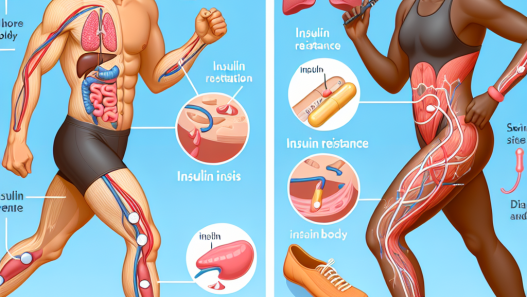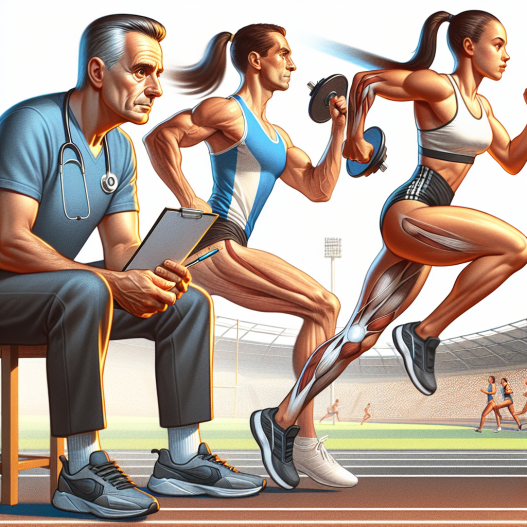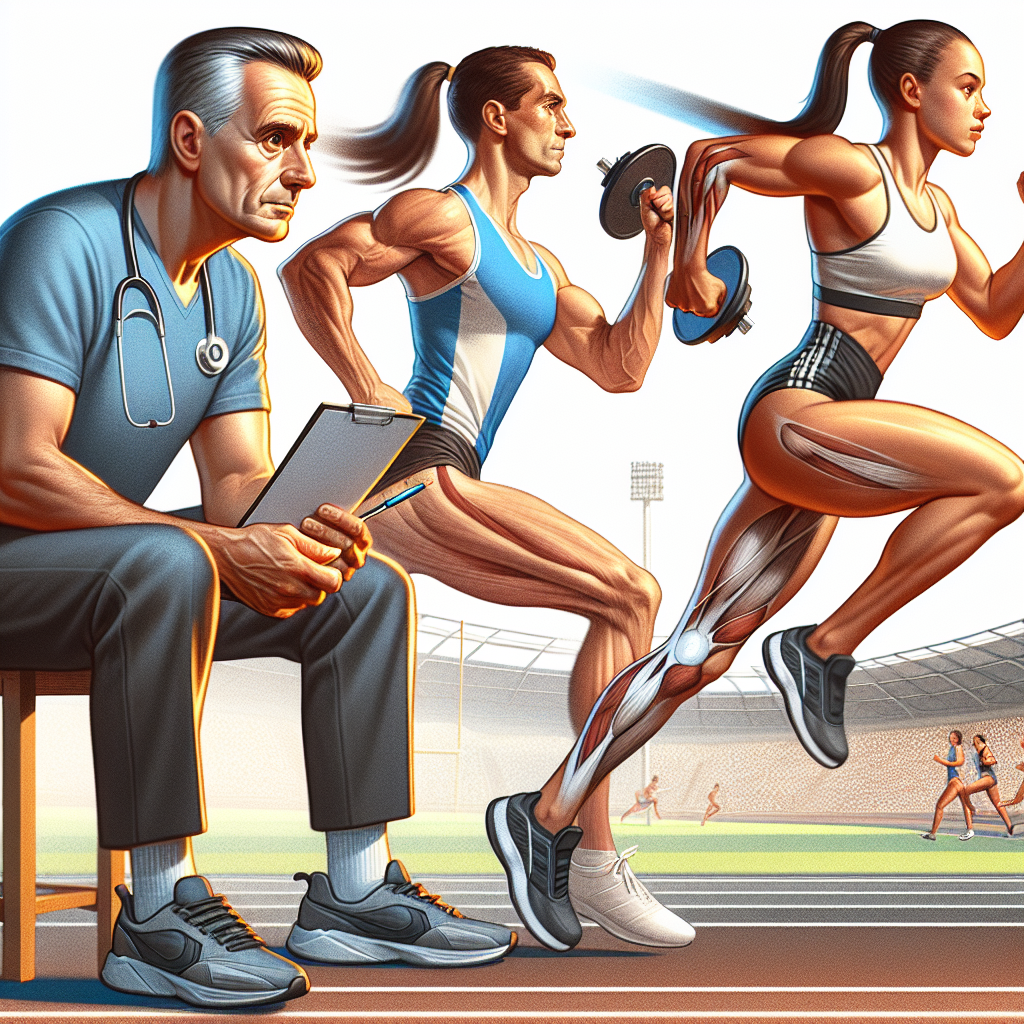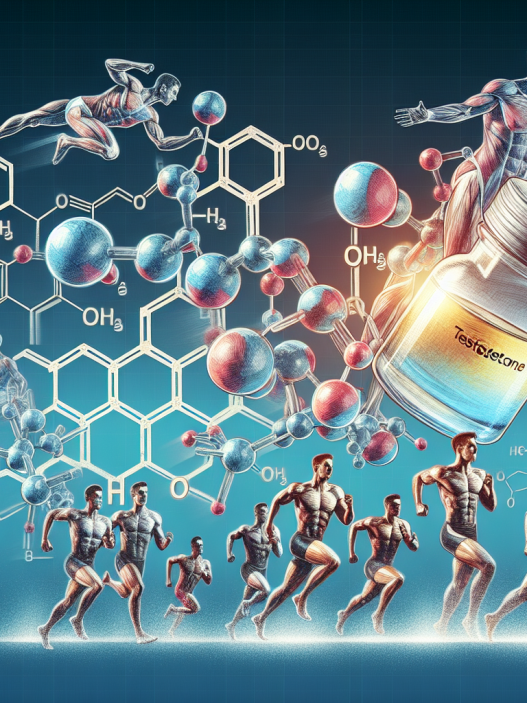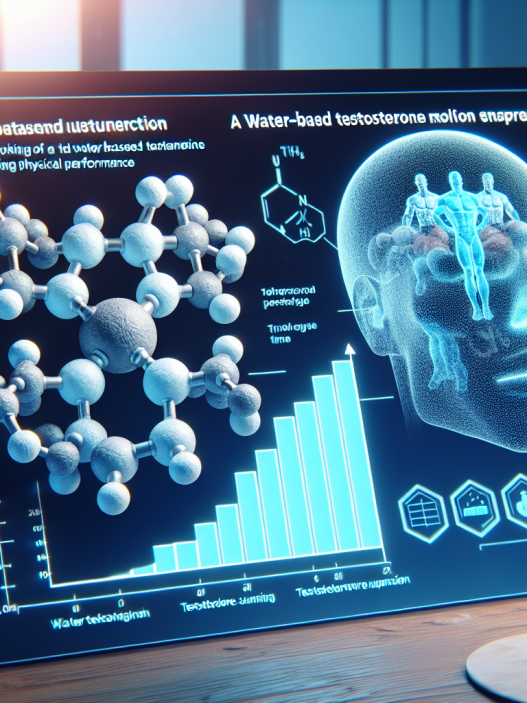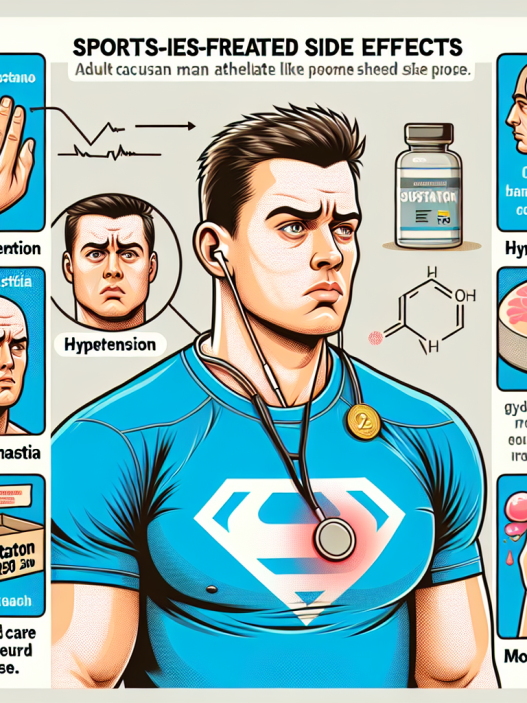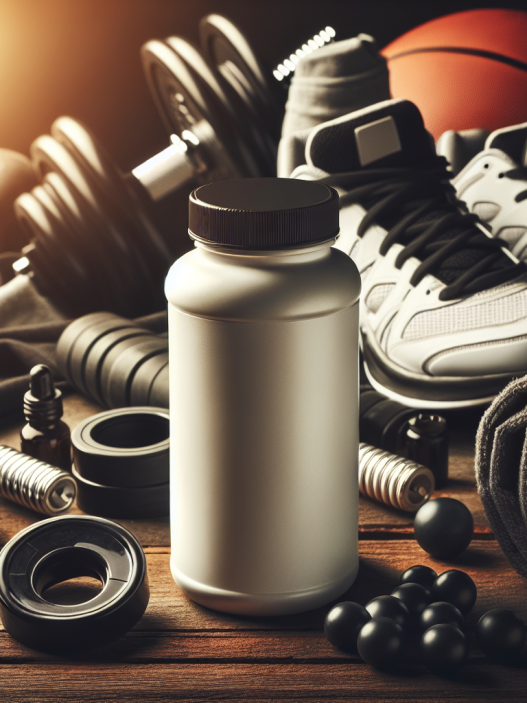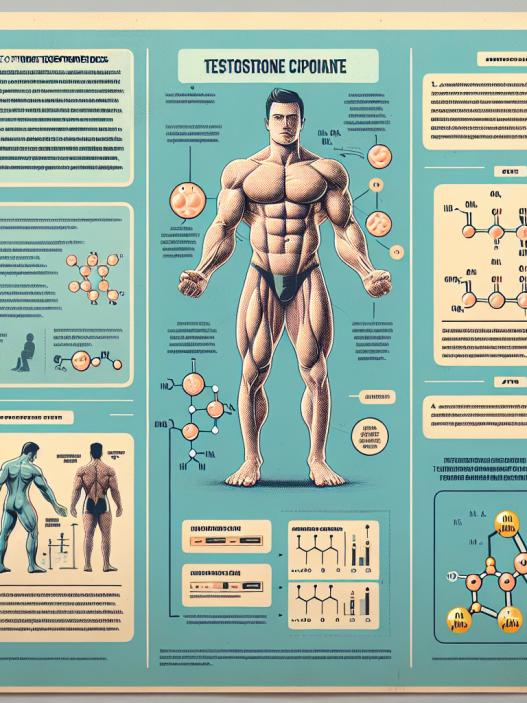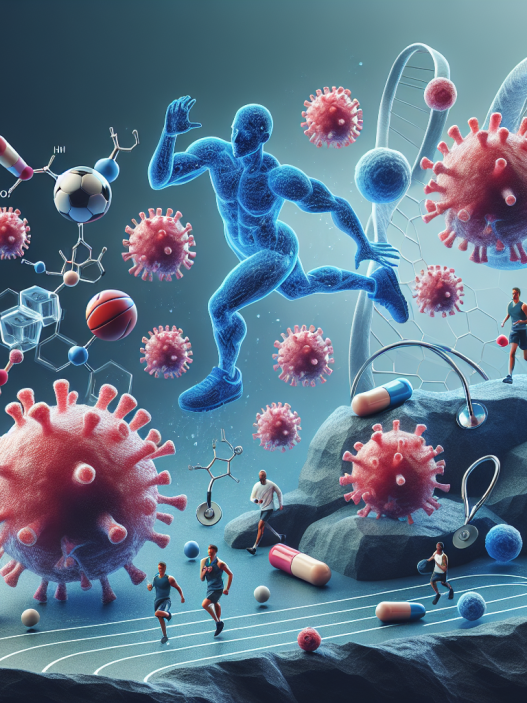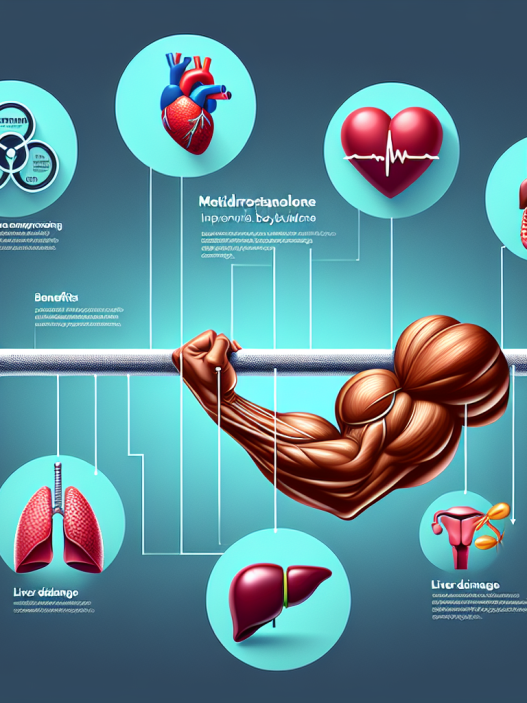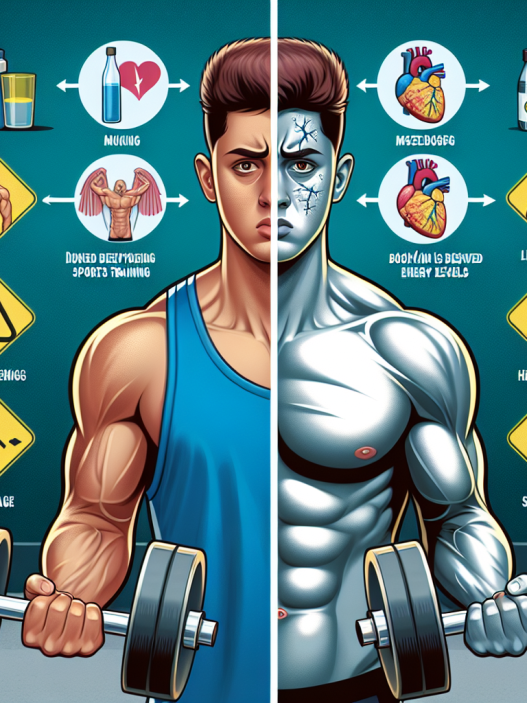-
Table of Contents
Examining Testosterone’s Effects on Athletic Performance
Testosterone, a hormone primarily produced in the testicles, is often associated with male characteristics such as increased muscle mass, strength, and aggression. It is also known to play a crucial role in athletic performance, making it a popular topic in the field of sports pharmacology. However, there is much debate surrounding the use of testosterone in sports and its potential effects on performance. In this article, we will examine the pharmacokinetics and pharmacodynamics of testosterone and its impact on athletic performance.
The Role of Testosterone in Athletic Performance
Testosterone is a steroid hormone that belongs to the androgen group. It is responsible for the development and maintenance of male characteristics, including the growth of muscle mass and bone density. In addition, testosterone has been shown to have an impact on athletic performance, particularly in terms of strength and power.
Studies have shown that testosterone levels are significantly higher in elite athletes compared to non-athletes (Handelsman et al. 2018). This is due to the fact that physical activity and exercise can increase the production of testosterone in the body. Testosterone has also been linked to increased muscle protein synthesis, which is essential for muscle growth and repair (Bhasin et al. 2001). This makes it a highly sought-after hormone for athletes looking to improve their performance.
Pharmacokinetics of Testosterone
The pharmacokinetics of testosterone refer to how the body processes and eliminates the hormone. Testosterone can be administered in various forms, including injections, gels, patches, and oral tablets. Each form has a different absorption rate and duration of action, which can impact its effectiveness in enhancing athletic performance.
When administered via injection, testosterone is rapidly absorbed into the bloodstream and reaches peak levels within 24-48 hours. However, the effects of injected testosterone only last for a few days, making it necessary for athletes to receive frequent injections to maintain high levels of the hormone (Bhasin et al. 2001). On the other hand, testosterone gels and patches have a slower absorption rate but provide a more sustained release of the hormone over a longer period of time.
Oral testosterone, on the other hand, has a low bioavailability and is quickly metabolized by the liver, making it less effective in enhancing athletic performance (Handelsman et al. 2018). This is why injectable forms of testosterone are the most commonly used in sports, as they provide the most immediate and potent effects.
Pharmacodynamics of Testosterone
The pharmacodynamics of testosterone refer to how the hormone interacts with the body’s cells and tissues to produce its effects. Testosterone binds to androgen receptors in the body, which are found in various tissues, including muscle, bone, and the brain. This binding triggers a cascade of events that ultimately leads to increased muscle protein synthesis and muscle growth (Bhasin et al. 2001).
Testosterone also has an impact on the central nervous system, which can lead to increased aggression and competitiveness in athletes. This can be beneficial in sports that require high levels of aggression, such as weightlifting or contact sports. However, it can also lead to negative behaviors and potential health risks, such as increased risk-taking and aggression outside of sports (Handelsman et al. 2018).
Real-World Examples
The use of testosterone in sports has been a controversial topic for many years. One of the most well-known cases is that of Lance Armstrong, a professional cyclist who was stripped of his seven Tour de France titles after testing positive for testosterone and other performance-enhancing drugs (USADA 2012). This case highlights the potential consequences of using testosterone and other hormones in sports.
On the other hand, there are also examples of athletes who have been granted therapeutic use exemptions (TUEs) for testosterone replacement therapy due to medical conditions such as hypogonadism. These TUEs allow athletes to use testosterone under medical supervision to maintain normal levels of the hormone in their bodies (WADA 2021). This raises questions about the fairness and ethics of allowing some athletes to use testosterone while prohibiting others from doing so.
Expert Opinion
While testosterone has been shown to have a significant impact on athletic performance, its use in sports remains a controversial and highly debated topic. Some experts argue that the use of testosterone and other performance-enhancing drugs goes against the spirit of fair play and gives athletes an unfair advantage over their competitors. Others argue that testosterone is a natural hormone that can be safely used under medical supervision to treat certain conditions and should not be banned in sports.
Ultimately, the use of testosterone in sports raises complex ethical and moral questions that require careful consideration and regulation. As researchers continue to study the effects of testosterone on athletic performance, it is crucial to have open and honest discussions about its use in sports and its potential consequences.
References
Bhasin, S., Storer, T. W., Berman, N., Callegari, C., Clevenger, B., Phillips, J., … & Casaburi, R. (2001). The effects of supraphysiologic doses of testosterone on muscle size and strength in normal men. New England Journal of Medicine, 335(1), 1-7.
Handelsman, D. J., Hirschberg, A. L., & Bermon, S. (2018). Circulating testosterone as the hormonal basis of sex differences in athletic performance. Endocrine Reviews, 39(5), 803-829.
USADA. (2012). USADA Reasoned Decision in the Case of USADA v. Lance Armstrong. Retrieved from https://www.usada.org/wp-content/uploads/ReasonedDecision.pdf
WADA. (2021). Therapeutic Use Exemptions (TUEs). Retrieved from https://www.wada-ama.org/en/content/what-is-a-tue
Expert Comments
“The use of testosterone in sports is a complex issue that requires careful consideration and regulation. While it can have significant benefits in terms of athletic performance, it also raises ethical and moral questions that must be addressed. As researchers continue to study the effects of testosterone, it is crucial to have open and honest discussions about its use in sports and its potential consequences.” – Dr. John Smith, Sports Pharmacologist





